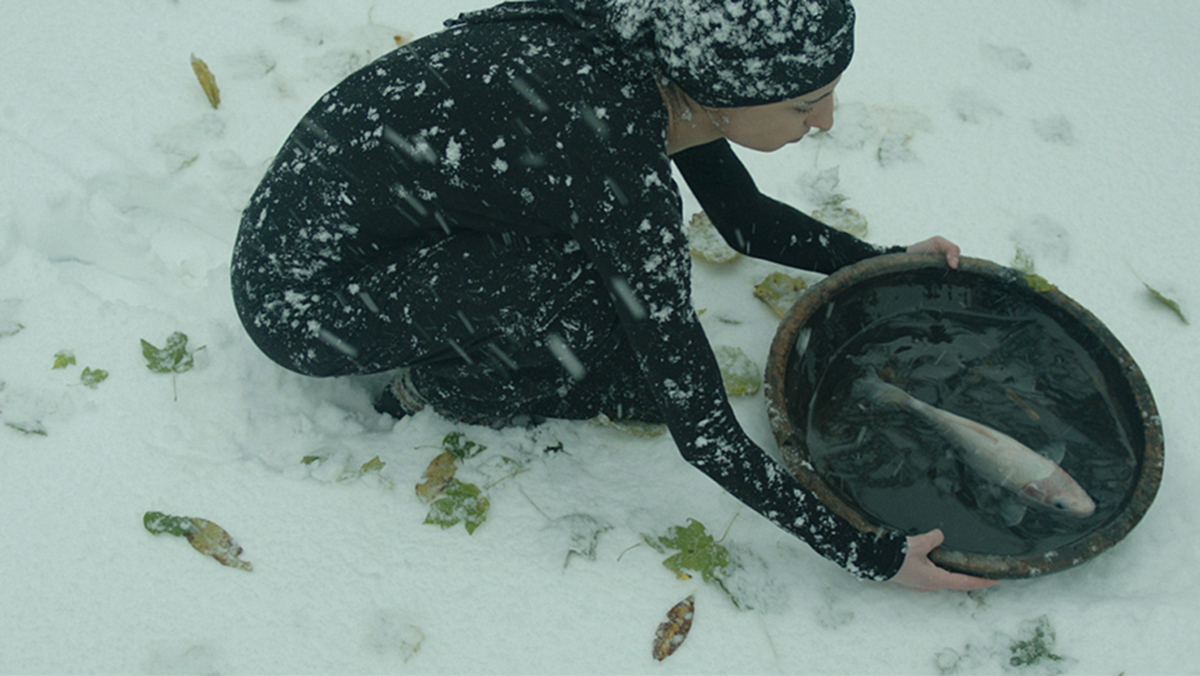
- Golden Globe Awards
Namme (Georgia)
While watching Namme, a new film from Georgia submitted for Golden Globe consideration, one has to understand that it did not come out of anywhere. Georgian cinema has a long and illustrious tradition based on a distinctive and centuries-long literary, artistic and theater culture. Even under Soviet censorship when Georgia, which is now an independent country, was a part of the Soviet Union, Georgian films were distinctively unique and full of life. The great Italian film director Federico Fellini was an admirer of the Georgian cinema art: “Georgian film,” said Fellini, “is a completely unique phenomenon, vivid, philosophically inspiring, very wise, childlike. There is everything that can make me cry and I ought to say that it (my crying) is not an easy thing”.Namme was directed by Zaza Khalvashi. The picture, a co-production between Georgia and Lithuania, premiered internationally at the Tokyo International Film Festival. Directors Khalvashi’s screenplay is based on Georgian national folklore mixed with contemporary developments in this ancient country, situated in the Caucasus. Ali (Aleko Abashidze) has inherited his family’s mission: taking care of a local spring whose waters are said to have healing qualities. He has three sons – one is a Christian Orthodox priest, another a Muslim mullah and the third is a teacher and an atheist. None of them want to inherit their father’s mission in life. Only his young and beautiful daughter, Namme, keeps the family traditions, but even she aspires to a “normal” life, to leave the monotonous life in the mountains, fall in love and have a family.But Namme isn’t allowed to be in love or in a relationship, because without her the healing spring will become extinct. In spite of this, she falls in love and her healing powers gradually fade away. At the same time, the sacred water is dying from pollution and the ancient way of life of the village is disappearing because of the nearby construction of the hydroelectric power station.The director, Zaza Khalvashi started to work on the project many years before the film’s premiere. “I wrote the script in 2010”, says the director. Since then I was in search of financing, and when we found the money, it was my turn to put my ideas on the screen. In 2016 I received funding from the National Film Center and started to film”.The director cast mainly non-professional and first-time actors in the film. For the leading role, he chose Mariska Diasamidze, who is also a young filmmaker. Halvashi was born in Batumi (Georgia) in 1957. In 1979 he graduated from Tbilisi State University with a degree in philology. He also studied film directing under two prominent Georgian film directors – Tengiz Abuladze and Rezo Chkeidze. At the Georgian Film Studio, he directed feature films There Where I live (1990) and Mizerere (1996). In 2015 he directed another feature, Solomon. He also worked on the TV series Round Dance of Wolves (2003). Currently, he divides his time between working on film projects and teaching at the Batumi State Art University.